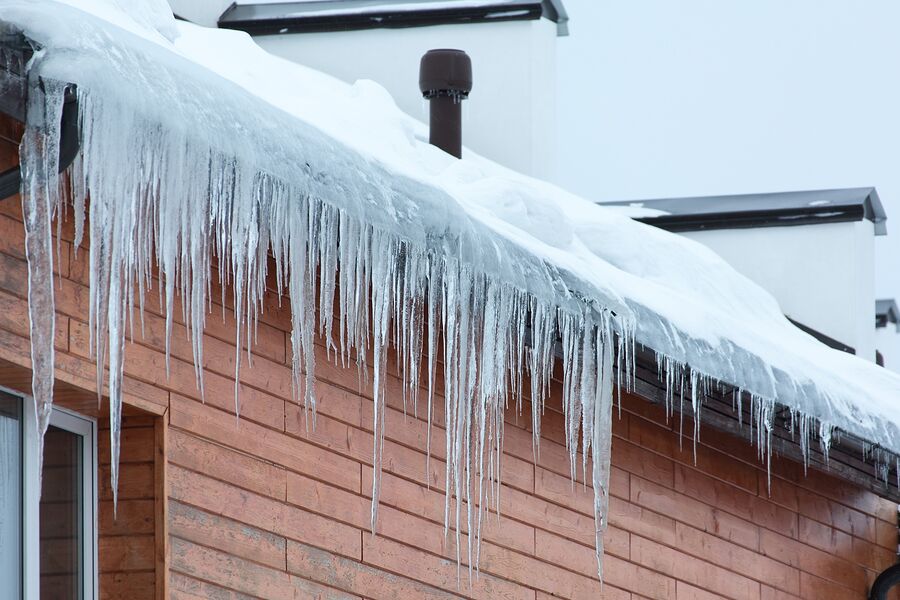Preventing Hypothermia in Older Adults
Recent record cold temperatures across the country have put a spotlight on the dangers of winter cold. Unfortunately, each year the news reports on people who die as a result of cold temperatures. Often, they are older adults. Aging causes physical changes that make seniors more susceptible to the cold because their bodies don’t sense it as readily as those of younger people. In addition, illnesses and disabilities may make it impossible for them to tell someone when they are cold or get to someplace warmer.

Knowing how to prevent hypothermia in your aging relative could save their life. Below are some tips to follow.
Know the Signs
Being able to spot the signs that indicate an older adult is too cold is important so that you can get them warmed up or seek medical attention.
The signs of hypothermia include:
- Shivering.
- Changes in speech, like slurring or mumbling.
- Poor coordination.
- Weakened pulse.
- Confusion.
- Lack of energy or being sleepy.
- Breathing that is slow and shallow.
- Unconsciousness.
Keep the Household Temperature Up
Sometimes older adults turn the thermostat down in hopes of reducing the heating bill. While a degree or two can help, setting the thermostat too low can be dangerous. Make sure the senior’s heat is set no lower than 68 degrees Fahrenheit. If they are concerned about the heating bill, try closing off unused rooms and taking other winterizing steps.
Dress in Layers
Wearing layers of clothing helps to keep the body warmer by trapping air between the layers. This offers extra insulation. It’s also important to cover exposed areas of skin. Be sure the older adult is wearing a hat, gloves, and a scarf of mask to cover their face. If clothing gets wet from snow or rain, be sure the senior changes into dry clothing as soon as possible.
Know About Medications and Illnesses that Increase Hypothermia Risk
Certain illnesses and medications can impact an older adult’s ability to stay warm. Talk to the senior’s doctor to find out if any of their medications make hypothermia more likely. Also, be aware that some conditions can make it hard for older adults to put on more clothing or get to warmer areas. In addition, conditions like diabetes or thyroid problems can make the body less capable of staying at a normal body temperature.
Use Homecare
When temperatures are cold, you’ll often hear newscasters and other authorities prompting people to check on elderly friends and neighbors. A homecare provider can be the person who makes sure your aging relative is staying safe in the cold. Homecare providers can also help older adults to dress warmly and make certain they keep the house warm enough.
Sources: https://www.nih.gov/news-events/news-releases/hypothermia-older-adults-0
https://www.nia.nih.gov/health/cold-weather-safety-older-adults
https://www.mayoclinic.org/diseases-conditions/hypothermia/symptoms-causes/syc-20352682
If you or an aging loved-one are considering Homecare Services in the Prairie Village KS area, please contact the caring staff at Elder Care of Kansas City, today. Proudly serving Jackson, Clay, Platte and Cass Counties in Missouri as well as Johnson and Wyandotte Counties in Kansas for over 30 years. Call us at 816-333-3322.
- Smart Ways To Make Showering Safer For A Senior Parent - May 16, 2025
- What Types of Situations Lead to Personality Changes in Seniors? - May 6, 2025
- Helping Seniors Overcome Insomnia - April 21, 2025
